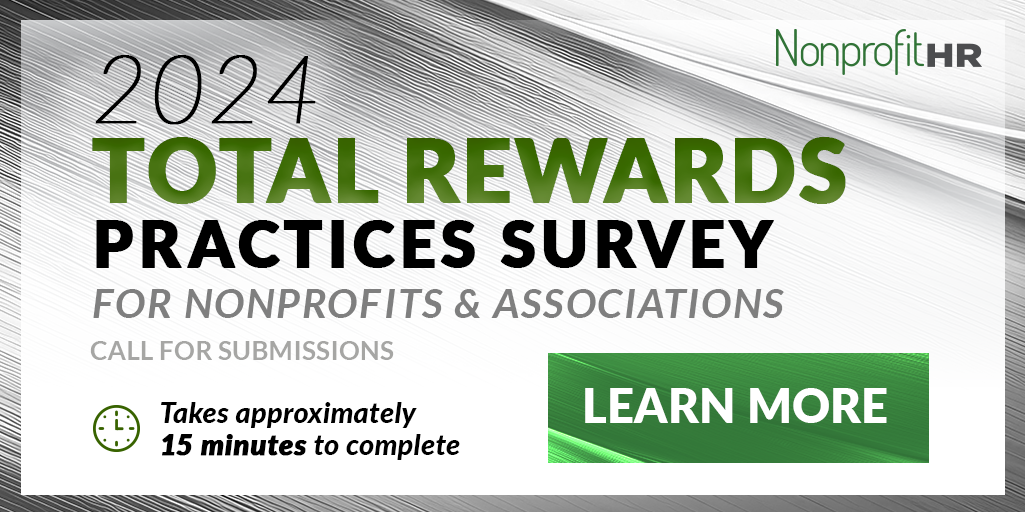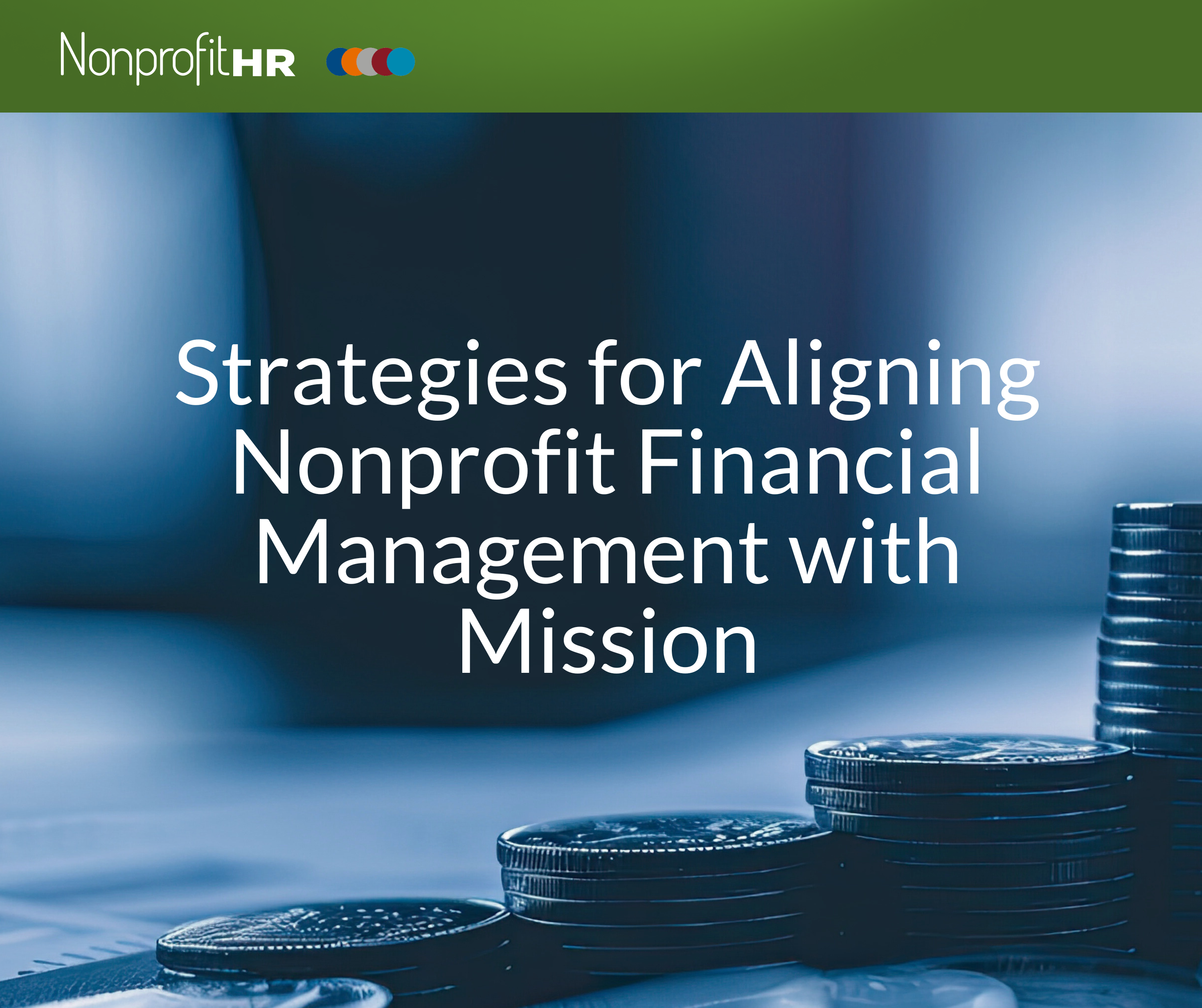WTOP: 5 ways nonprofits can…
By Leslie Walbridge
With the birth of the royal baby, there has been quite a bit of media coverage about pregnancy, maternity leave and related policies and practices. Of course, these practices differ in different countries and even in different offices. However, it is important to know how to prepare for any leave of absence from your workplace, whether related to pregnancy or another matter.
First of all, know your rights. In the United States, the provisions of the Family and Medical Leave Act (FMLA) fall into two categories: medical leave and family leave. Medical leave provisions “require covered employers to grant leave to eligible employees for their own serious health conditions, to care for a covered family member with a serious health condition, and for family military leave for a qualifying exigency or to care for a seriously injured or ill servicemember or veteran.” Family leave provisions “require covered employers to grant leave to eligible employees after the birth, adoption or foster care placement of a child, to bond with the child.” A leave of absence can last from 12 to 26 weeks under FMLA, but is not required to be a paid leave. As an employee, you are required to inform your employer 30 days in advance of your intention to use unpaid family leave time.
Beyond the law, there are some best practices to consider when preparing for a leave. You should always consult your HR department to find out what specific policies and procedures are in place at your workplace. You should aim to have this conversation as far in advance as you can to allow yourself and your employer ample time to prepare for your absence. Although, keep in mind the culture of your workplace around this type of leave. You will need to use your best judgment to determine how to approach this potentially sensitive topic in your particular environment.
As the date of your departure nears, begin keeping detailed track of your responsibilities so that whoever is covering your position will be able to manage in your absence. You do not want to return from your leave to find that work was not done and you must work double to make up for the lag. Potentially worse, you do not want to have to manage frantic calls during your leave when your employer or replacement has a question that only you know the answer to. On that note, make it clear to your employer exactly how much contact you would like from the office during your time away. Depending on circumstance, you may not want to hear from anyone until you step back in the office or you may want to receive daily updates. This is your decision, but you need to make it very clear to your coworkers before you leave.

































